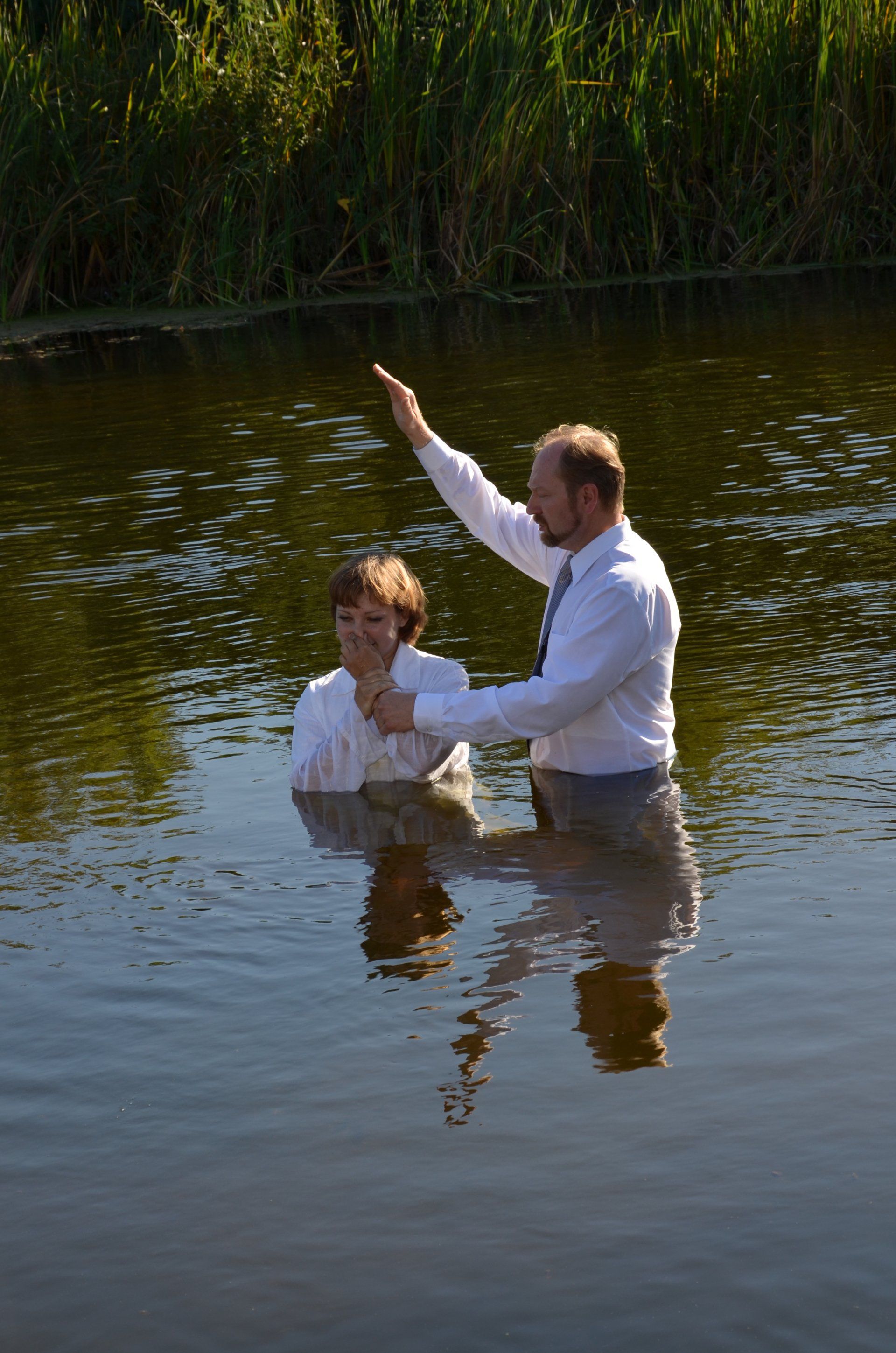Welcome to Pennsboro Church of Christ
Live Your Life According to Christ- Romans 14:8
Where Truth and Love Make A Difference!
Welcome to the Pennsboro Church of Christ website! We're excited to have you join us as we explore the New Testament church. Here, you'll discover a community deeply rooted in the teachings and traditions of the early Christian church as described in the New Testament. Our goal is to provide a welcoming and accessible place for people of all ages to learn about the foundational principles of Christianity and how they can be applied to our modern lives. Whether you're a lifelong member or someone seeking to understand the essence of the New Testament church, we invite you to explore our resources, attend our services, and be a part of our vibrant congregation. Together, we strive to follow in the footsteps of Jesus, living out our faith in today's world.
What To Expect When You Attend Our Worship Service
John 4:24 instructs us to "worship Him in spirit and in truth." During our services, we will participate in five acts of worship: Preaching, Praying, Singing, Communion, and Giving of our means.
1
Preaching from God's Word
As Jesus instructed his apostles, He has also instructed us to "Go into all the world and preach the gospel to every creature." Mark 16:15. During our worship services, we will study from the Word of God so that we may be "thoroughly equipped for every good work" 2 Timothy 3:16-17
2
Singing
One of the unique things about the Church of Christ is that the music is a cappella. That is, we sing without the accompaniment of musical instruments. We are instructed to do so in Colossians 3:16- "Let the word of Christ dwell in you richly in all wisdom, teaching and admonishing one another in psalms and hymns and spiritual songs, singing with grace in your hearts to the Lord."
3
Lord's Supper/
Communion
"Now on the first day of the week, when the disciples came together to break bread, Paul, ready to depart the next day, spoke to them and continued his message until midnight." Acts 20:7. We have been instructed to remember the Lord's death until He comes; therefore, we partake of the Lord's Supper (the bread, which represents the body of Christ, and the fruit of the vine, which represents the blood that Jesus shed upon the cross) every Sunday during our worship services, 1 Corinthians 11: 23-26.
4
Offering
Just as we have been instructed to partake of the communion every first day of the week, we are also commanded to give as we have been prospered. 1 Corinthians 16:1-2 gives us these instructions- "Now concerning the collection for the saints, as I have given orders to the churches of Galatia, so you must do also: On the first day of the week, let each one of you lay something aside, storing up as he may prosper, that there be no collections when I come."
Check out the episodes from The Authentic Christian Podcast and others, by the Global Broadcasting Network
List of Services
-
Churchianity | The Conclusion Of The MatterWatch video List Item 1
Does your life with God only involve ”going to church”? For many this is the case. Yet our walk with Jesus should be so much more than Sunday mornings. We hope this discussion will challenge and exhort you to be more involved with God on a daily basis.
-
I Know That My Redeemer Lives | The Conclusion Of The MatterWatch video List Item 2
Today we return with another Message Behind the Music. This song reminds us the assurance of our faith and hope of eternal life. It also reminds us of all that Jesus has done and continues to do for us. We hope you will be edified by the discussion!
-
New Year, New You | The Conclusion Of The MatterWatch video List Item 3
The season seven finale is here!! We hope this season has been encouraging and challenging. To end this season we are going to look at various spiritual goals we should have going into the new year.

HEAR THE WORD
First, you must hear the word of God. ~Romans 10:17
BELIEVE IN THE WORD OF GOD
Then you must believe in the word of God. ~Mark 16:16
REPENT OF YOUR SINS
After one believes, they must then repent of any sins. ~Acts 2:38
CONFESS THAT JESUS IS THE SON OF GOD
Write your caption hereOne must also confess that Jesus is the Son of God. ~Matt. 10:32-33
BE BAPTIZED
Write your caption hereUpon confession, one is baptized for the remission of sins. ~Romans 6:3-4
Our Calling
Mark 16:15-16 in the King James Version of the Bible states: "And he said unto them, Go ye into all the world, and preach the gospel to every creature. He that believeth and is baptized shall be saved; but he that believeth not shall be damned." In this passage, Jesus instructs his disciples to spread the message of the gospel to people all over the world. He emphasizes the importance of faith and baptism, stating that those who believe and are baptized will be saved, while those who do not believe will be condemned.










Service Times
Sunday: Bible Classes - 9:30 am
Worship 10:30 am and 6:00 pm
Last Sunday of each Month Services:
Bible Classes - 9:30 am
Worship - 10:30 am
Fellowship Meal - 12:00 pm
Evening Worship - 1:30 pm
Wednesday: Adult and Children Bible Classes - 7:00 pm
We have a nursery room available!
Schedule a Bible Study Today!
We will get back to you as soon as possible
Please try again later



